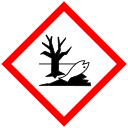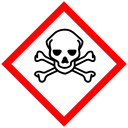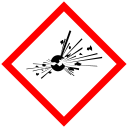On July 1, 2022, French regulations governing phytosanitary products will change
What French public authorities can expect? Learn everything about the modified Labbé Law on the use of phytosanitary products.

In France, the modified Labbé Law on the use of phytosanitary products entails some changes. Maxime Guérin (Plante&Cité) and Flora Diradourian (Astredhor) reviewed these changes at Paysalia 2021 in a conference called “New technical and regulatory matters on the subject of phytosanitary alternatives”. An insight on what public authorities can expect.

New restrictions concerning the nature of products used
Since January 1, 2017, the use of phytosanitary products has been forbidden in spaces open to the public such as parks, gardens, walks and roadway systems (with some exceptions). This has boosted alternative maintenance methods for green spaces.
From July 1, 2022, the Labbé Law extends its restrictions with a prohibition on use in all spaces, whether private or for public or collective usage. The new restrictions cover the following places:
- Private properties used as residences
- Hotels, hostels, inns, campsites and residential leisure parks
- Areas used collectively by educational establishments
- Establishments, Homes, Health Centers and Nursing Homes
- Family gardens
- Areas in shopping malls and service activities accessible to the public
- Houses and residences of childcare workers
- Social and medico-social establishments
- Cemeteries and columbaria
Other areas include spaces accessible to users in their workplaces, amusement parks and aerodromes, unless there are threats to security and safety or if staff need training in the use of phytosanitary products.
Specific regulations for the use of phytosanitary products in sports facilities
Due to their history, these facilities profit from a deferment until January 1, 2025. This concerns tees, greens, fairways and practice ranges, but also large playing sports fields, hippodromes and grass tennis courts to which the access is restricted and reserved for users.
Exemptions are also possible in the following cases:
- no alternative was found with the quality necessary to stage official competitions;
- the need to fight a regulated harmful organism;
- the need to fight a serious sanitary threat to an historical or biological heritage.
Before starting any treatment, landscape professionals must answer YES to the following questions:
- are the properties of the product compatible with the intended use (nature, class, uses, spectators, untreated areas, site location and time before the site will be used vs. type of site)?
- is it the right time to spread the product (pollination, weather conditions)?
- can I set up protective measures (according to the type of site and public)?
Product toxicity will be controlled more closely
There are new restrictions as some biocontrol products threaten human health. Within places for vulnerable people, only risk-free products or products only dangerous in aquatic environments will be allowed.

Hazard symbol "Hazardous to the environment"
© Wikimédia Commons
To maintain parks, gardens, green spaces, sports fields and leisure centers open to the public, it will be forbidden to use products identified with “Health hazard”, “Toxic” and “Explosive” pictograms if access to the site cannot be closed for at least 12 hours.



Hazard symbols "Serious health hazard", "Acute toxicity" and "Explosive"
© Wikimédia Commons
To summarize, the following questions must be asked to find out if restrictions apply to a site on which someone is going to intervene:
- Is this (green) space open to the public?
- Who does the space belong to?
- What kind of space is it?
- Who is going to use this space?
- Is this space near a water supply point, housing or accommodation for vulnerable people
Luckily for public authorities, there are a host of alternatives to phytosanitary products. From animal grazing to differentiated management, there is a viable solution for maintaining every green space. If you haven’t yet found the right one for you, read the Paysalia articles for inspiration!
Click here for the latest landscaping news
© Photo credit: GrB / Adobe Stock

